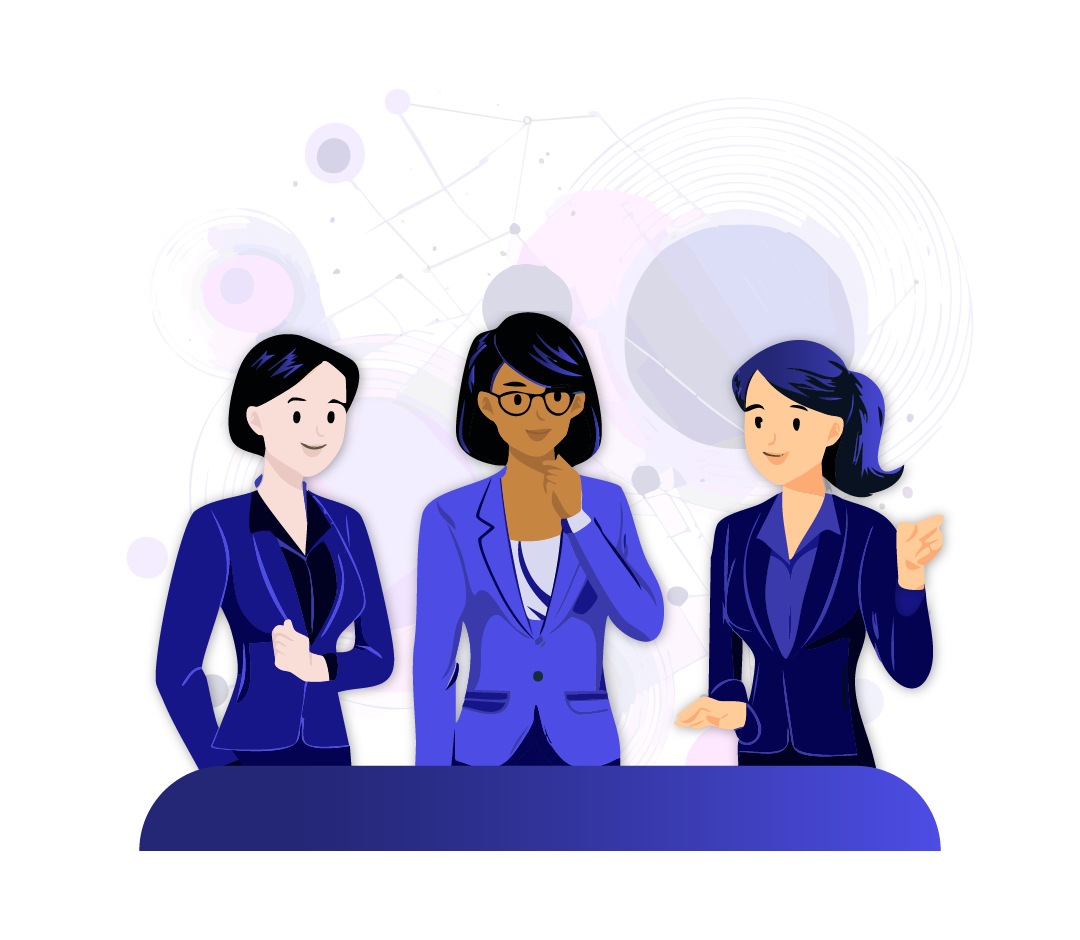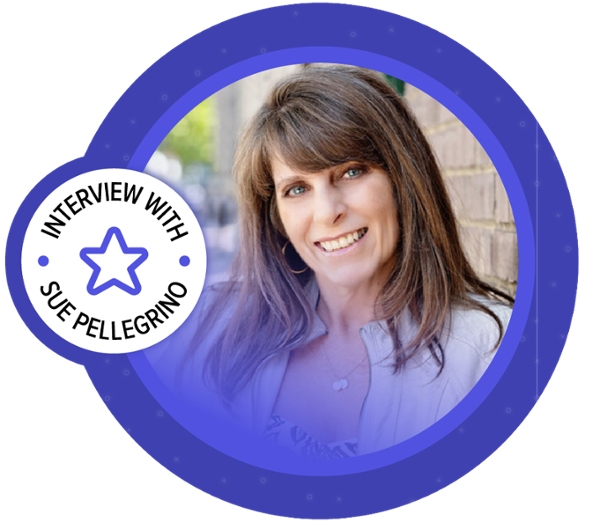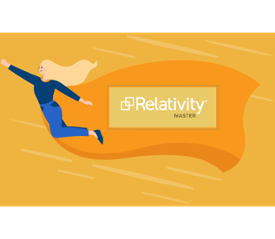As an aspiring leader in this industry, I am often inspired by those who have come before me: to learn from their mistakes, to ask them for their advice in times of strife, and to follow in the footsteps of their example.
Historically, becoming a CEO or entrepreneur was, for a woman, a dream that often died by the pillow she slept on.
The recent efforts made to highlight and celebrate women CEOs and entrepreneurs have significantly impacted future leaders who can now see themselves in those who have walked a similar path. Whether it's climbing the corporate ladder, taking out an investment loan to start a small business, or leaping into the world not knowing where things will land, everyday women show us that we have the power and strength to succeed and excel in this world.
But excellence goes beyond personal achievement. And the most meaningful recognition celebrates leaders who lift others as they climb, innovators who solve meaningful problems, and visionaries who create opportunities for those who seek to follow in their path.
Recently, I interviewed Sue Pellegrino, the owner, president, and CFO of Everest, who was recognized in the 100 Women to KNOW in America 2025. This award recognizes women entrepreneurs, executives, visionaries, and innovators who have not only achieved their dreams, but have created a pathway of opportunities for the next generation of female leaders.
I’m excited for you to read our conversation, get to know her, and, hopefully, come to understand the powerhouse of an entrepreneur, businesswoman, and generational leader that is Sue Pellegrino.
Congratulations on being named one of the 100 Women to KNOW in America for 2025. What does this recognition mean to you personally and professionally?
I’m incredibly grateful to be included among such inspiring and visionary women leaders nationwide. It was amazing getting to celebrate such a meaningful milestone at the KNOW Summit in Scottsdale this spring and connect with these women in person.
The journey here hasn’t always been easy, but every twist, turn, and challenge has shaped me—and made this moment even more meaningful. From starting my career in the mailroom to now leading a boardroom, I can’t believe how far I’ve come these past 30 years, something I could never have done alone.
Leadership is not a solo endeavor; it’s built on the trust, support, and collaboration of many others. I want to thank my incredible team at Everest Discovery, my family, and everyone who has joined me on this journey to get where I am today.
This recognition belongs not just to me, but to them too. Their belief in me means everything.
You began your career as an accounts payable supervisor at Wyeth Pharmaceuticals, then transitioned to CFO at Copy Secure, and now 10+ years working in e-discovery. What drew you to the legal tech industry?
Unlike many of my peers and competitors, I didn’t “grow up” in legal technology; it found its way to me.
While I was working at Wyeth in the accounting department, I would help my husband, Tom, manage the books for his paper and e-discovery solutions company, Copy Secure. I loved looking at a small business' financial statements and helping it grow, so I went on to become CFO of Copy Secure, leading the accounting, human resources, investor relations, and tax departments.
We ended up growing Copy Secure to seven-figure revenues and I oversaw the business’s acquisition by a national discovery vendor. They kept me as the CFO for the transition, and I stayed on until they decided to dissolve the business altogether.
Then, in 2017, I was approached to acquire Everest Discovery, an e-discovery and paper provider based in New Jersey that had existed since 2005. I was familiar with paper discovery services from my role at Copy Secure, but the e-discovery side was completely new to me. Despite my unfamiliarity with e-discovery, I decided to take the plunge and acquire Everest and have been leading the company ever since.
I understand that you are the director of the Philadelphia chapter of Women in eDiscovery and are highly involved in other regional chapters and nonprofit organizations. What inspired you to become actively involved in women's empowerment programs?
As a female leader in the male-dominated industry of legal technology, I understand how difficult and isolating that experience can be. Because of that, I try to champion other women and girls as much as possible, spending my time outside running Everest to giving back to organizations that advocate for women in business, especially those in male-dominated fields like mine, as I strongly believe in the value of representation. Since getting involved in Women in eDiscovery, I have also become a board member of Women Owned Law, a nonprofit that supports women entrepreneurs in the law, and serve as co-chair of the Marketing Committee. In addition, I recently became a founding member of the Philadelphia chapter of Women Presidents Organization, a community of women business leaders worldwide.
All of these organizations share my passion for supporting women at all stages of their careers so they can reach their full potential.
How has your involvement in these organizations helped shape your journey toward leading Everest as its president and CFO?
When I acquired Everest, e-discovery was a whole new world and language for me to learn. In addition to being a novice in e-discovery, I also struggled to be taken seriously as a woman in the industry. Those two factors compounded, so I was not speaking up or putting myself out there as the owner of the company because I didn’t feel confident talking about the ins and outs of e-discovery yet was one of few women executives represented.
In the beginning, I was merely another face in the business and not the forward-facing leader that I know myself to be. Surrounding myself with other powerful and accomplished women through my involvement in women-focused organizations helped me muster the courage to change that. I dove headfirst into studying and learning all things e-discovery. I spent every night learning, watching webinars, and reaching out to colleagues to point me in the right direction.
Through this crash course, the pieces were finally coming together, and I gained the confidence to talk to others about the nitty-gritty of the business and industry. I registered for conferences, stood at the table, and started interacting with people. Eventually, through those experiences, I became the face of Everest. People started to notice me, remember me, and tell me they’d seen me online. Now, I no longer hide behind the Everest name; I am Everest, and I try to model these leadership qualities for my team when they face doubt or challenges themselves.
Why do you think it is important to use your voice and influence in these spaces?
To create space for other women to come up behind me. Seeing other women lead businesses and be the public face of a company is incredibly inspiring. I hope to be an example to other women of what is possible and serve as a resource on navigating spaces where you don’t feel you fit in so that you can thrive.
Can you tell me about how you see your role in supporting your team at Everest?
For me, leadership starts with building a positive, connected culture grounded in respect, kindness, and teamwork. Through various policies and practices, I try to ensure that none of our employees slip through the cracks or feel unappreciated. My leadership team and I make ourselves available to help with any tools or resources employees may need, encouraging professional development, recognizing achievements, and operating from a place of mutual respect. We create a plan for each person, meet with them throughout the year to discuss their goals, give them the time and resources to grow, and reward them for important milestones.
For example, I support our team members in continuing to develop their skills by pursuing various Relativity certifications. One of our members is a Relativity Certified Expert, and three members passed the Relativity Certified Administrator (RCA) exam, among many other Specialist and Pro certifications.
In addition, since our team is remote and spread across different states, I work hard to stay connected with everyone and allow them to work in a way that's best for them—whatever makes them most efficient while supporting our clients. We also hold regular virtual meetings and bring everyone together when we can for face-to-face contact. Even though we work remotely and there’s no real “door” to knock on, I encourage my team to text, call, or email me when they need some time with me. I want everyone to feel they have a safe space to express their concerns or share ideas.
These efforts not only better equip us to serve our clients but also allow each member of our team to grow and meet their professional goals. I believe the long tenure of many of our team members is a testament to the type of workplace environment we’ve created, where everyone, regardless of seniority, can succeed.
I recently published an article in Legal Management Magazine, where I share more of my leadership tips for fostering a team that plays (well) together and stays together.
What advice would you give to young women who aspire to become business owners, break into the legal tech industry, or lead in traditionally male-dominated fields?
Go big or go home! Don't be afraid to embrace the messy and take risks. The biggest rewards often come from the boldest moves.
Anything else you’d like to share?
Many people don’t know, and are surprised, that I restore classic cars and attend car shows in my free time. As a daddy’s girl, I learned all about cars from watching my dad work on them as a kid. There are a lot of parallels between my hobby and my work in legal tech.
A lot of folks can’t believe that I’m the one behind these endeavors—whether it’s rebuilding a custom 1966 Fastback Mustang or leading a successful discovery business. Both experiences taught me how to stand out in male-dominated spaces, earn respect, and make a name for myself because of the quality of my work, not because of my gender.
Graphics for this article were created by Sarah Vachlon.












